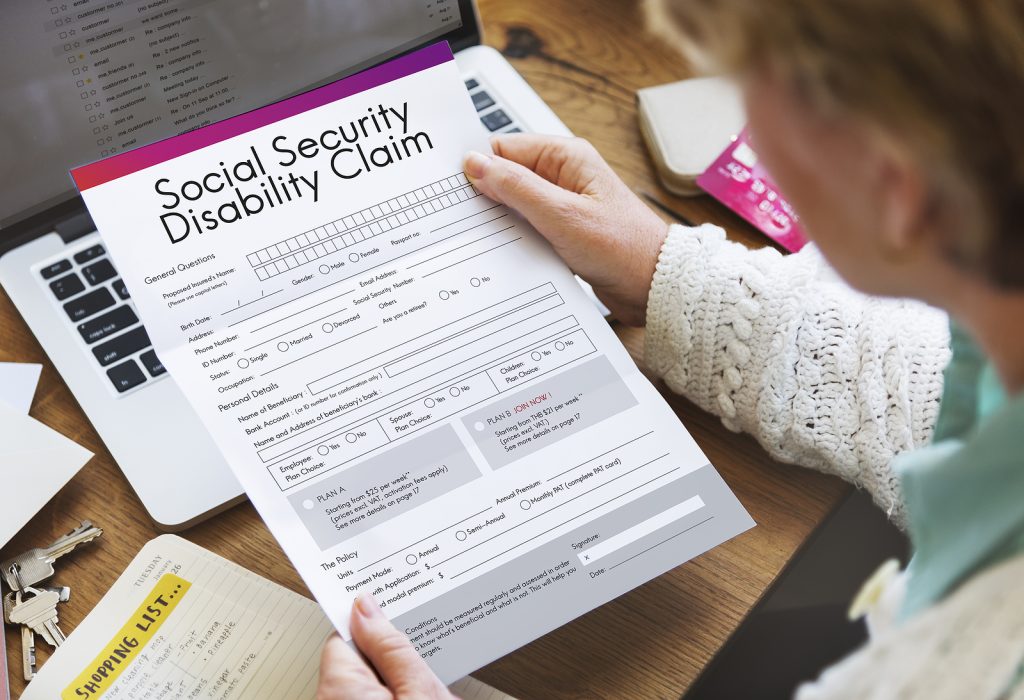How Do Mental Health Conditions Affect My Social Security Disability Claim?
The impact of mental health conditions on Social Security Disability claims in California is a topic that resonates deeply with many individuals navigating the complexities of the Social Security system. In San Diego, where the cost of living is high and the need for financial stability is paramount, understanding how mental health conditions can influence disability claims is crucial.
Mental health issues can significantly affect one’s capacity to maintain employment, a key consideration for qualifying for Social Security Disability benefits. The Social Security Administration (SSA) acknowledges numerous mental health disorders, such as depression, anxiety, bipolar disorder, schizophrenia, and PTSD, among others. Each disorder has distinct requirements that need to be satisfied to be eligible for benefits.
To establish a claim based on a mental health condition, you must demonstrate that the disorder severely limits your ability to perform basic work activities. This includes showing that the condition has persisted for at least 12 months or is expected to result in death. The SSA evaluates the severity of your condition by reviewing medical records, treatment history, and any documented limitations in daily functioning.
What Are the Specific Criteria for Mental Health Conditions Under the SSA?
The Social Security Administration (SSA) has established a detailed framework for evaluating mental health conditions, known as the “Blue Book.” This comprehensive guide outlines the specific criteria that must be met for various mental disorders to qualify for disability benefits. Each condition is categorized under a particular listing, which includes a set of medical and functional criteria that must be satisfied. Your symptoms must result in marked limitations in at least two areas of functioning, such as understanding or applying information, interacting with others, concentrating, or managing oneself. Understanding these criteria is essential for applicants, as it allows them to tailor their evidence to meet the specific requirements of their condition.
What Evidence Is Required to Support My Claim?
The SSA relies heavily on medical documentation to assess the validity of your disability. This includes detailed records from psychiatrists, psychologists, and other mental health professionals who have treated you. Having a consistent treatment history is essential, as gaps in care can raise questions about the severity of your condition.
In addition to medical records, the SSA may require a Residual Functional Capacity (RFC) assessment. This evaluation, conducted by a medical professional, determines the extent to which your mental health condition affects your ability to perform work-related tasks. The RFC assessment considers factors such as your ability to understand instructions, interact with others, and manage stress in a work environment.
The SSA may also request a consultative examination (CE) if they need additional information to make a decision. This examination is conducted by an independent medical professional and provides an objective assessment of your condition. While attending a CE is not mandatory, failing to do so can result in the denial of your claim.
What Challenges Might I Face During the Application Process?
One of the primary challenges in the Social Security Disability application process is the subjective nature of mental health disorders, which can make it difficult to quantify their impact on your ability to work. Unlike physical disabilities, mental health conditions often lack visible symptoms, leading to skepticism and misunderstanding.
The lengthy and complex nature of the application process can also be overwhelming. Many applicants face initial denials, requiring them to navigate the appeals process. This can be particularly challenging for individuals with mental health conditions, as the stress and uncertainty of the process may exacerbate their symptoms.
How Does the Appeals Process Work if My Claim Is Denied?
If your initial claim for Social Security Disability benefits is denied, do not lose hope. The appeals process provides several opportunities to present additional evidence and arguments to support your case. The first step in the appeals process is a request for reconsideration, where a different SSA examiner reviews your claim. This stage allows you to submit new medical evidence or clarify any misunderstandings from the initial application.
Should the reconsideration be rejected as well, the subsequent action involves seeking a hearing with an administrative law judge (ALJ). This hearing is a critical opportunity to present your case in person, often with the assistance of an attorney. During the hearing, you can provide testimony about your condition, and the judge may also hear from medical professionals.
If the ALJ denies your claim, you can appeal to the Social Security Appeals Council. The Council reviews the ALJ’s decision for any errors in the application of the law or procedural issues. If the Appeals Council declines to review your case or upholds the denial, the final step is to file a lawsuit in federal district court.
How Can an Attorney Assist Me with My Social Security Disability Claim?
An experienced attorney can provide guidance on gathering the necessary evidence, ensuring that your medical records and other documentation are comprehensive and up-to-date. An attorney can also help you understand the specific criteria for your mental health condition and how to best present your case to the SSA.
In the event of a denial, an attorney can assist with the appeals process, which involves several stages, including reconsideration, a hearing before an administrative law judge, and potentially further appeals to the Appeals Council or federal court. Having legal representation can significantly improve your chances of success, as attorneys are familiar with the procedural requirements and can effectively advocate on your behalf.
Additionally, an attorney can alleviate some of the stress associated with the application process, allowing you to focus on managing your mental health. They can handle communication with the SSA, ensuring that deadlines are met and that your case is presented in the most favorable light.
If you are dealing with a mental health condition and contemplating applying for Social Security Disability benefits, call Roeschke Law, LLC today at 800-975-1866 for a free consultation.














